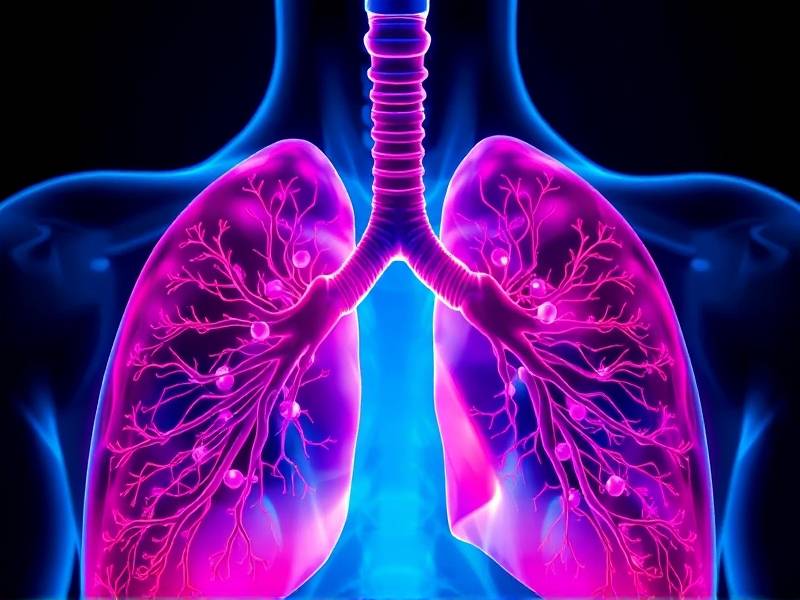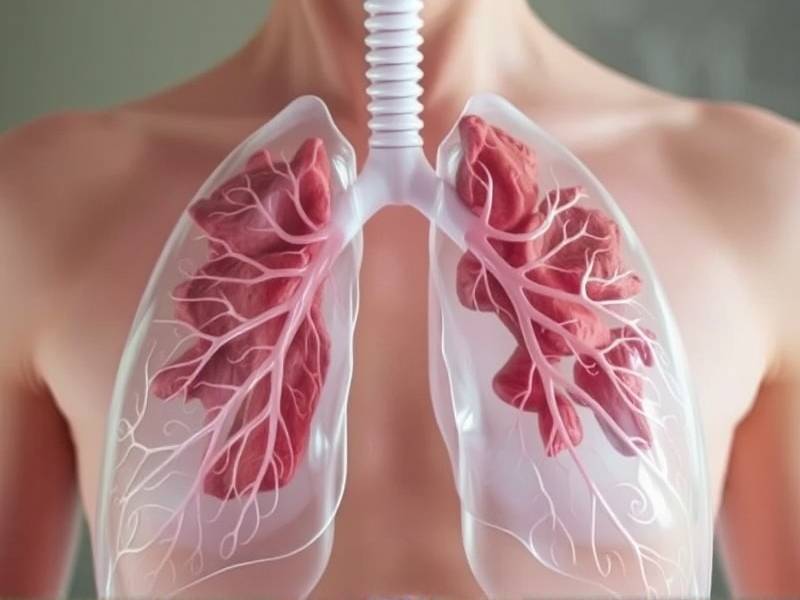Do Lungs Really Clean Themselves After Quitting Smoking?
The惊人的真相:戒烟后,你的肺真的会自我清洁吗?
Introduction: When it comes to quitting smoking, many people are often motivated by the promise of a healthier life. One of the most compelling reasons to quit is the belief that your lungs will eventually clean themselves after you stop smoking. But is this really true? Let's dive into the science behind lung self-cleaning and find out.
What happens to your lungs when you quit smoking?

When you quit smoking, your body starts repairing the damage caused by years of tobacco exposure. The first few weeks are crucial as your body begins to rid itself of harmful toxins and chemicals. Here's what happens:
- Reduced Inflammation: Within hours of quitting, your body starts reducing inflammation in your lungs, which can lead to improved breathing.
- Increased Oxygen Levels: Over time, your blood oxygen levels begin to rise, providing more oxygen to your tissues and organs.
- Cilia Repair: Cilia are tiny hair-like structures in your lungs that help remove mucus and trapped particles. Quitting smoking allows these cilia to repair and function more effectively.
Do lungs really clean themselves after quitting smoking?
Yes, they do! After quitting smoking, your lungs have the potential to self-clean over time. However, the speed at which this process occurs can vary from person to person.

- Within 48 hours: Your sense of smell and taste may start improving as the toxins in your body diminish.
- Within 3-9 months: Your lung function improves significantly as the inflammation decreases and cilia repair.
- Within 5-15 years: The risk of lung cancer decreases by half compared to a smoker's risk.
- After 20 years: Your risk of heart disease becomes similar to that of someone who has never smoked.
How can you support lung self-cleaning?
While quitting smoking is the most effective way to improve lung health, there are other steps you can take:
- Stay hydrated: Drinking plenty of water helps remove toxins from your body.
- Exercise regularly: Regular exercise increases blood flow and promotes lung health.
- Avoid secondhand smoke: Secondhand smoke can worsen lung conditions and delay recovery.
Conclusion: The truth is that while quitting smoking is not an instant fix for damaged lungs, it does allow them to start healing over time. By taking proactive steps towards a healthier lifestyle, you can support this natural process and reduce the risk of long-term health complications associated with smoking.
Remember, it's never too late to quit smoking and give your lungs a chance to self-clean!
